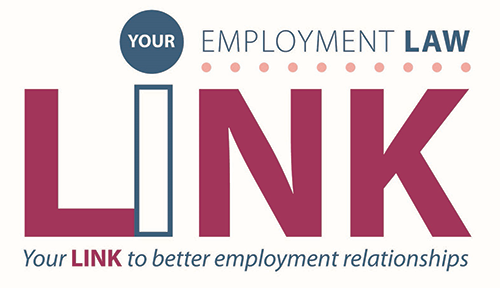Some employers and employees deserve each other

There are rare occasions when you feel like saying “you two deserve each other” and one of these occasions involves an employee Mr Kumar and Mr Ajay Kumar Gaur, the director of two companies, for whom Mr Kumar worked. When appearing before the Employment Relations Authority, both men were found to have been economical with the truth. Did they lie? We will leave it to you decide. Here is their story but please note that it has been reported that Mr Gaur has instructed Counsel to challenge the decision before the Employment Court.
Mr Kumar came to NZ from India to study in Auckland. He was offered a job by Mr Gaur as a Manager of backpacker hostel in Blenheim which accommodated workers engaged in various horticultural activities in the area. Mr Gaur offered to help him get his work visa. To cut a long story short there were various allegations and claims made by Mr Kumar against Mr Gaur and his companies that were taken to the Authority by a Labour Inspector.
One of the claims was that Mr Kumar had to pay Mr Gaur a premium in order to be employed. It allegedly worked like this: When his pay for working at the backpackers was deposited in his account, he was required to withdraw the money and give it to Mr Gaur. The Authority concluded Mr Kumar’s evidence fell well short of compelling. The Authority noted his answers to questions were often incomplete, inconsistent and contradictory. One example was that he said on 30 January he withdrew $900.00 and paid it to Mr Gaur; but the bank records showed the same amount was deposited on the same day into another bank account used by Mr Kumar and his wife. The Authority noted Mr Kumar could not explain this transaction and said “The conclusion is obvious – the money was transferred between accounts held by Mr Kumar and not passed to Mr Gaur as alleged.”
Further, Mr Kumar had indicated he had only one account when in fact he had four. The Authority said “the existence of each account was not volunteered but had to be extracted and ultimately not all records could be produced.”
Mr Kumar claimed that he was living off his savings because of the money he had to pay Mr Gaur. However the Authority said this claim “was undermined when evidence emerged which suggested a large portion of these alleged savings were either repatriated to India or used during a visit to India Mr Kumar and his wife made in the first quarter of 2012”. Unsurprisingly, the Authority dismissed the claim seeking the recovery of $26,640.00 in premiums.
If things were going bad for Mr Kumar at the Authority, Mr Gaur had no reason to smile. When it came to Mr Kumar’s claim he had not been paid when working for one of Mr Gaur’s company on a vineyard, Mr Gaur claimed that the money they paid was paid to Mr Kumar’s wife who also worked in the vineyard. The Authority said “Here I must comment on Mr Gaur’s credibility. In a manner similar to Mr Kumar, parts of Mr Gaur’s evidence was marred by inconsistency and he has not assisted the impression by accepting he gave false information to the Labour Inspector when Mr Norton started making enquiries. Here I also note the rationale for giving the false responses (protecting Mr Kumar’s interests in respect of his immigration aspirations) raises questions about what was occurring here and its legality.”
Mr Kumar’s claim for recovery of the unpaid wages was successful as too was another claim for payment of unpaid wages for work performed at a takeaway shop operated by one of Mr Gaur’s companies. Mr Gaur’s initial defence to this claim was that Mr Kumar did not work at the shop. According to the Authority that defence changed to acceptance Mr Kumar was present in the shop but this was minimal and voluntary. The Authority’s conclusion was “I am not convinced by the argument that Mr Kumar worked voluntarily at the shop” and “I do not accept the argument Mr Kumar’s attendance was minimal.” Mr Gaur’s company was ordered to pay close to $16,000.00 in unpaid wages. Interestingly, had Mr Gaur been able to produce time records he might well have ended up having to pay less.
Further because the evidence showed little, indeed no, real attempt by either company to comply with the law a $5,000.00 penalty was imposed on each of them.
An interesting twist in the tail is the report that Mr Gaur intends challenging the decision. He will discover that his challenge does not mean that the Authority’s decision is unenforceable; and if Mr Kumar takes action to enforce it, Mr Gaur will need to apply to the Court for a Stay. Should he do this he will discover the Court most probably will require him to pay the amounts into the Court pending the hearing of the case. I suspect Mr Gaur might not be best pleased with this prospect particularly when he learns the Court will deposit the money in an interest bearing account and pay out the lot to the winner. While Mr Kumar may like his chances of winning, he will find the decision might further damage his job and career prospects in New Zealand.
Finally We will provide the sequel to this case if and when the Court makes its decision.
Published on Friday, March 6th, 2015, under Blog



It is over twelve months since the Authority made its decision and still there is no decision from the Employment Court. That is very odd and raises the question whether Mr Gaur’s company ever challenged the Authority’ decision. I am inclined to guess they didn’t.